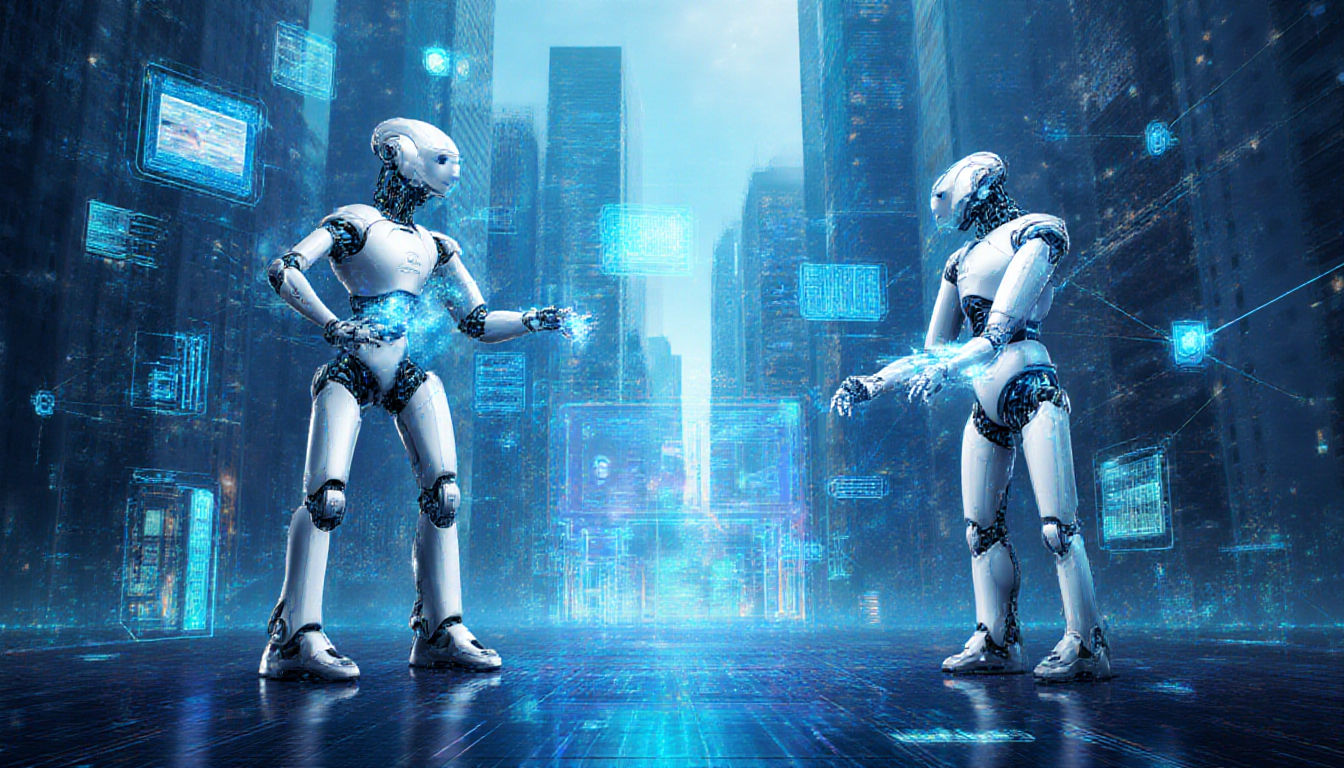In recent years, the field of artificial intelligence (AI) has experienced unprecedented growth and innovation. From self-driving cars to advanced chatbots and automated systems, AI technologies have been transforming the way we live and work.
The Evolution of AI
The journey of AI dates back to the mid-20th century, with pioneers like Alan Turing laying the groundwork for what would become a revolutionary field. Initially, AI systems were based on rule-based approaches, where human-defined rules dictated the system’s behavior. However, with the advent of machine learning and deep learning, AI has become more capable of learning from data and making decisions independently.
Key Innovations in AI
Several key innovations have driven the recent advancements in AI:
- Natural Language Processing (NLP): This subfield of AI has enabled machines to understand and generate human language. Applications such as virtual assistants and translation services rely heavily on NLP.
- Computer Vision: AI systems can now interpret and process visual information. This has led to innovations in facial recognition technology, autonomous vehicles, and more.
- Reinforcement Learning: A type of machine learning where agents learn by interacting with their environment. This has been crucial in the development of AI systems that play complex games like chess and Go.
The Impact of AI on Various Industries
AI is reshaping numerous industries, leading to increased efficiency, better decision-making, and enhanced customer experiences. Here are some examples:
Healthcare
In healthcare, AI algorithms analyze medical data, assisting in diagnosing illnesses and predicting patient outcomes. AI-powered tools can identify patterns in imaging data, leading to early detection of diseases.
Finance
The finance sector utilizes AI for fraud detection, risk assessment, and personalized banking services. Automated trading systems and algorithmic trading rely heavily on AI to analyze market trends and make predictions.
Manufacturing
AI technologies improve manufacturing processes through smart automation, predictive maintenance, and supply chain optimization, resulting in lower costs and higher productivity.
Ethical Considerations in AI Development
As AI continues to advance, ethical considerations become increasingly important. Issues such as data privacy, algorithmic bias, and the potential for job displacement raise concerns that need to be addressed. Policymakers and technologists must work together to create regulatory frameworks that ensure AI is developed and used responsibly.
The Future of AI
The future of AI holds immense potential. Continued research and development could lead to even more sophisticated systems capable of tackling complex global challenges such as climate change, healthcare access, and poverty alleviation. Collaboration across disciplines will be essential to harness the full potential of AI while minimizing risks.
Conclusion
Artificial intelligence is not just a technological trend; it is a transformative force shaping the future of society. By embracing the innovations and addressing the challenges posed by AI, we can look forward to a future that harnesses its advantages for the greater good.
